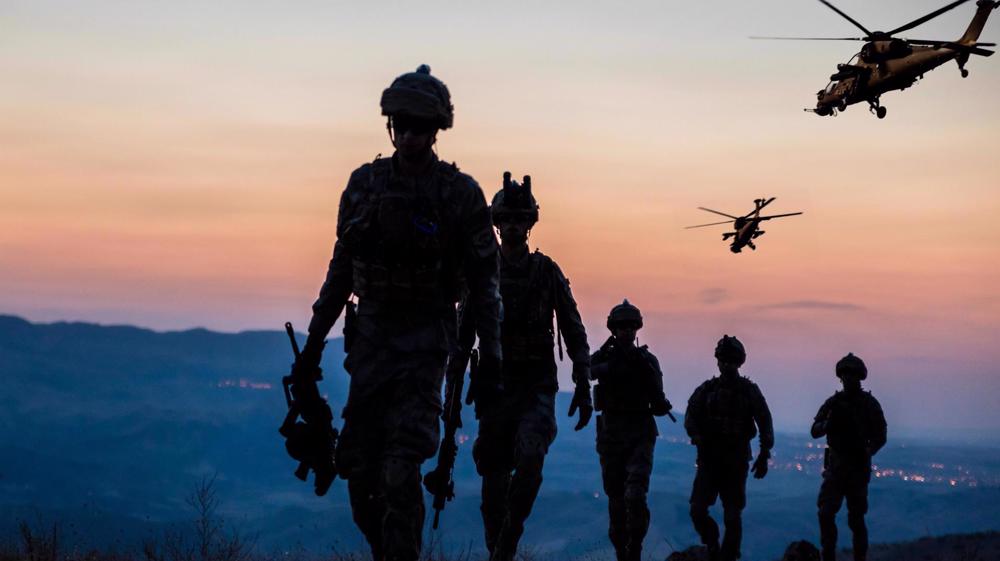
“I think the US has really messed it up in Afghanistan,” Imran Khan said in an interview with PBS News Hour aired on Tuesday night.
Khan criticized Washington for trying to “look for a military solution in Afghanistan, when there never was one.”
“And people like me who kept saying that there’s no military solution, who know the history of Afghanistan, we were called — people like me were called anti-American. I was called Taliban Khan.”
The prime minister lamented that by the time the United States realized there was no military solution in Afghanistan, “unfortunately, the bargaining power of the Americans or the NATO had gone.”
Khan said the United States and its NATO allies had about 150,000 troops in Afghanistan and that was the time when they ought to go for a political solution rather than attempting to militarily end the war with the Taliban.
“But once they had reduced the troops to barely 10,000, and then, when they gave an exit date, the Taliban thought they had won. And so, therefore, it was very difficult for now to get them (the Taliban) to compromise.”
Commenting on the ongoing peace talks between the Taliban and the Afghan government, which have largely stalled, Khan said Pakistan could not do more to press the Taliban to end their campaign.
“Absolutely, there's nothing more we can do, except push them as much as we can for a political settlement. That's all.”
The Pakistani prime minister said the militants could hide at refugee camps in Pakistan that still host three million Afghans, adding that the Taliban constitute the majority in the refugee population.
“(The) Taliban are not some military outfit. They are normal civilians. And if there are some civilians in these camps, how is Pakistan supposed to hunt these people down? How can you call them sanctuaries?”
He expressed concern that a “protracted civil war” would pose security challenges to Pakistan and could trigger a fresh refugee influx that his country could not afford due to economic challenges.
Elsewhere in his remarks, Khan defended his decision to not allow the United States to establish military bases on Pakistani soil for anti-terrorism operations in Afghanistan after all American troops leave.
Pakistan’s decision to join the so-called US-led war on terrorism after the September 11, 2001 attacks triggered a domestic militant backlash, killing 70,000 Pakistanis and inflicting an estimated $150 billion in losses to the national economy, Khan said.
“Now, if there's a conflict going on in Afghanistan and there are (US) bases in Pakistan, we then become targets.”
The Taliban have captured vast areas across Afghanistan, including key trade routes with the neighboring countries, since foreign troops officially began withdrawing from the country in early May.


No comments:
Post a Comment